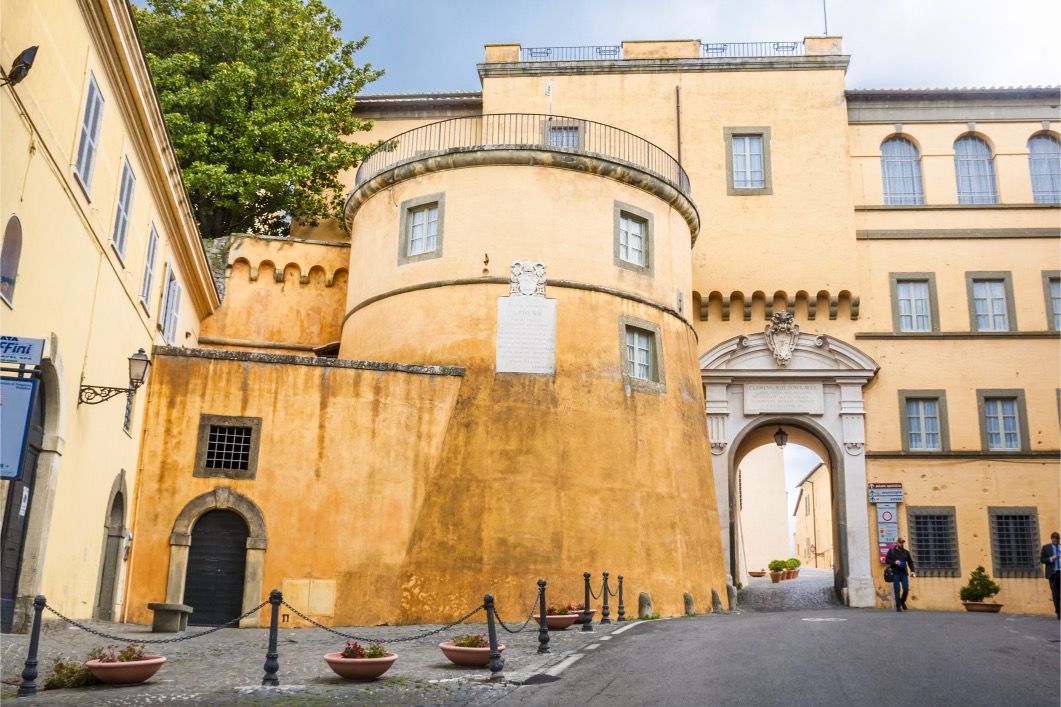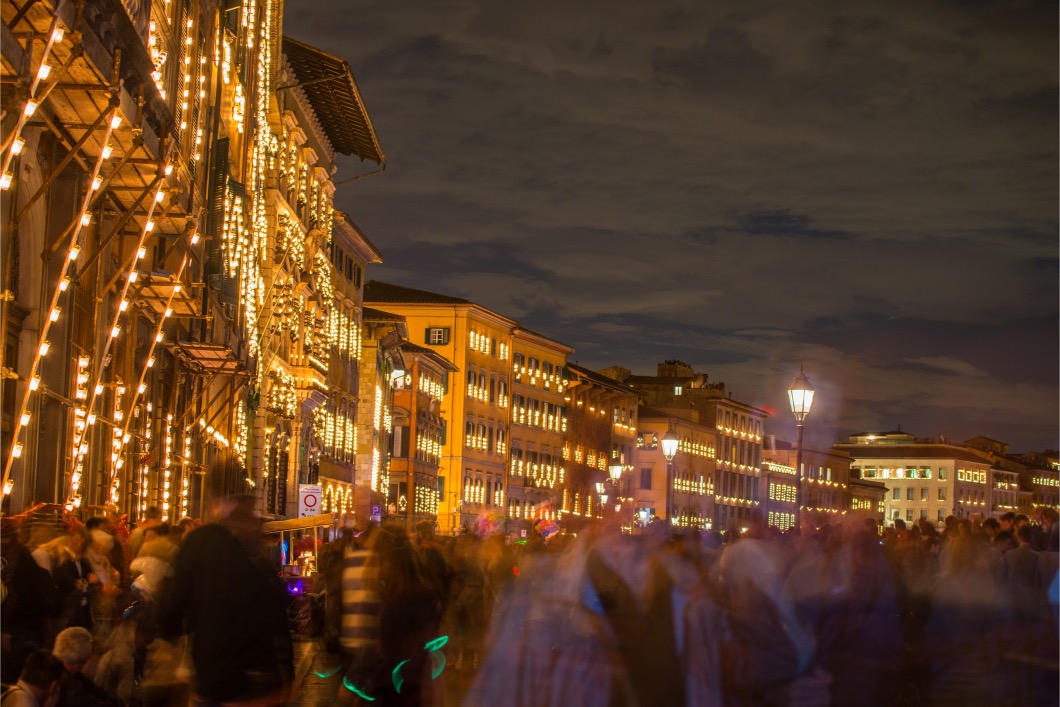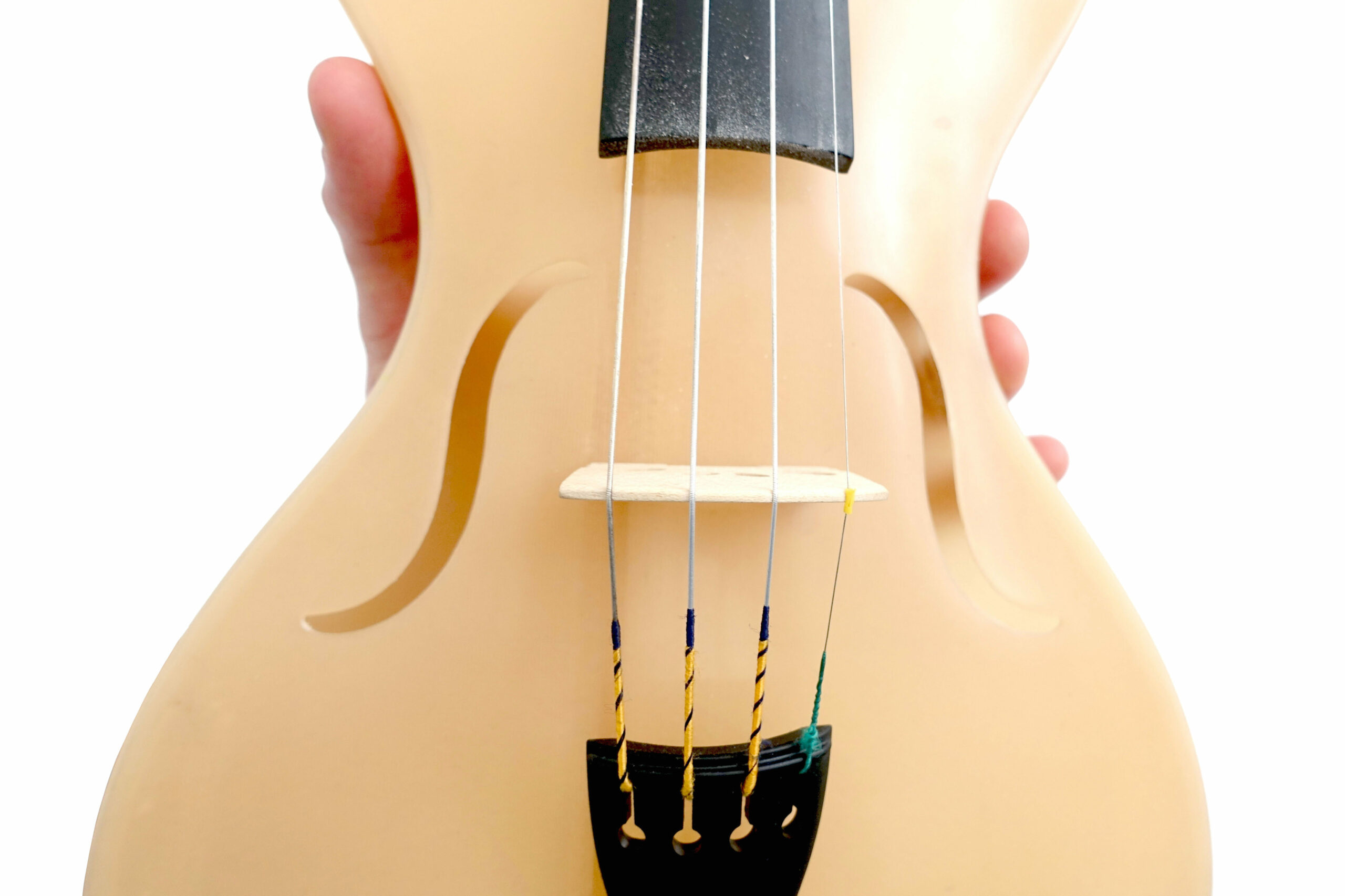What a wonderful experience to dream about a place and then to find oneself standing there on the very earth as though transported by some special gift. And this is especially so if the unique place was also the abode of a profoundly moving poet.
I am referring to Rainer Maria Rilke (1875-1926) who was born of German parents in Prague of the old Austro-Hungarian Empire and traveled throughout Europe, Russia, and Egypt but found his place of Soul at Castello di Duino as it is known today near Trieste.
Castle Duino had been the hereditary family castle, for several hundred years, of the Princess Marie von Thurn und Taxis. Even before being occupied by Europeans, Duino was an ancient site. She herself was a branch of the Czech Thurn und Taxis royal name. She was a devoted patron of the arts, spoke Italian and German and befriended Rilke when they met in Paris. She invited Rilke to Duino Castle making him promise that he must stay as long as he wished. She became his confidant, admirer, and friend. Rilke’s “cortesia e gentilezza” had ways of drawing loving friends to him.
Duino Castle is only a few miles from the ambiantly light and dark city of Trieste. The Castle sits high up on a headland of karst exposed to the Adriatic winds. Oftentimes, Rilke had this entire Castle to himself for weeks at a time, and he could wander its rooms, halls, and battlements, and he frequently walked the lonely, cold windswept cliffs. This is where one day he was given the Muse’s sacred gift of the opening lines of “The First Duino Elegy”. The words came to him as a flash, an assault, and he rushed back to the Castle holding the words in his ear and soul so that he could write them down. This began a ten year creative period in which “The Duino Eligies” were born; the last elegy was written at his own little castello, Chateau de Muzot in 1922. Rilke named the Duino Elegies “the property of Princess Marie”. Rilke died at Muzot after he had written the tenth, and last elegy.
Another of Rilke’s intimate confidants was the talented, intellectual Russian Lou Andreas Salomé. She wanted to study psychoanalysis with Freud, but he said no, it would be a waste of time because she already knew more than he could teach her! Lou became Rilke’s companion from 1897 to 1902. He carried on a rich correspondence with Lou while he was writing a monograph about Rodin while he served him as secretary. Rilke consulted Lou on his personal and artistic matters, and she said later on, “You Alone Are Real to Me”, the title of her sensitive book about Rilke.
So, for me, it was a deeply moving experience to visit Duino Castle. My wife and I had the special privilege of being alone in the Castle, one sparkling windy winter day, as we ourselves roamed the grounds and rooms. One hallway was punctuated with windows that overlooked from high above the bright yet dark deep blue Adriatic Sea. On the wall next to the window was a manuscript copy of “The First Elegy”.
I read it aloud: “Who, if I cried out, would hear me among the angels’ hierarchies?
and even if one of them pressed me suddenly against his heart,
I would be consumed in that overwhelming existance.”
Today, Duino Castle has returned to Italian sovereignty. (It was always a limenal place) It has been refurbished and yet remains the property of the Thurn und Taxis (Torre e Tassis) family. Princess Marie’s son Alessandro is its present steward.
The Castle is open to the public. It has a cozy, cellar cafe where one can chat in Italian with the kind, gentle Italian servers. This café and the other rooms of the Castle have feelings that the Princess Marie and Rilke have never left.
The Princess had another abode in Venice named Palazzo Valmarana. I finally located it after asking insistent questions of the locals; it is boarded up now and is a ghost of the past. Nevertheless, Duino and Venice were Rilke’s favorite places and I envision him being happy, relatively, in both places.
A patron bought Chateau de Muzot in Switzerland, refurbished it, and presented it to Rilke to live in as long as he wished. Rilke completed the writing of “The Duino Elegies” there as well as the immensely loved “Sonnets to Orpheus’. I recommend the fine Stephen Mitchell translations of both works.
It was at Muzot that Rilke succumbed to leukemia, his fated disease. He died in possession of his mind and Spirit, having written his own stellar epitaph now inscribed on his headstone in the cemetery of Raron, Switzerland.
I quote it here in English (the original however should be read in German) because of its haunting. Intense, pure poetry: “Rose, oh pure contradiction, joy of being No-one’s sleep under so many lids.”





























